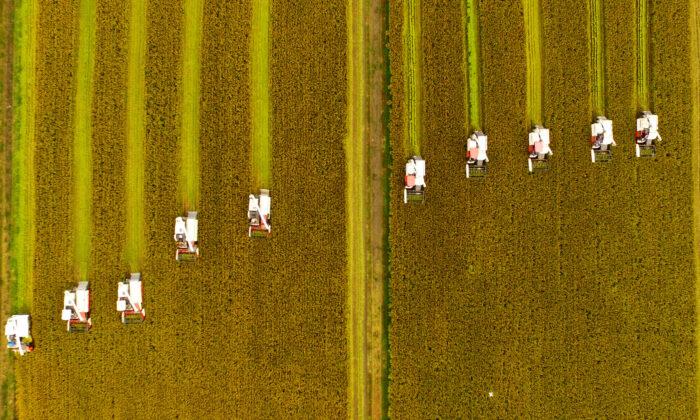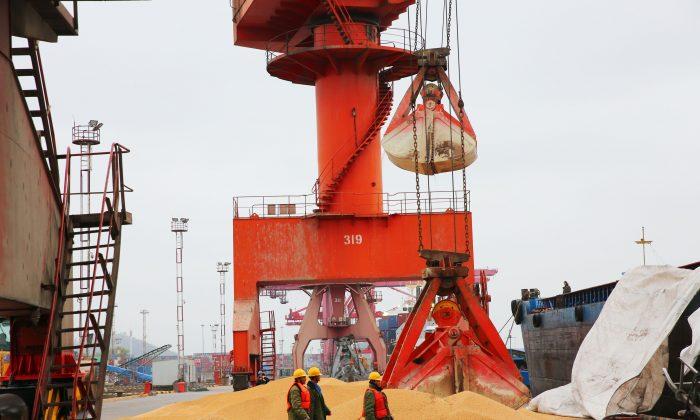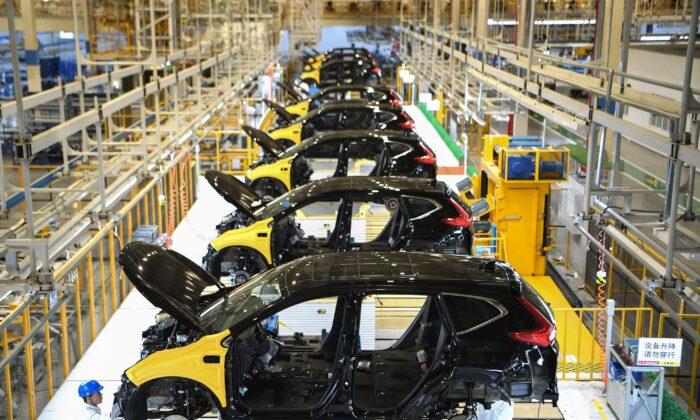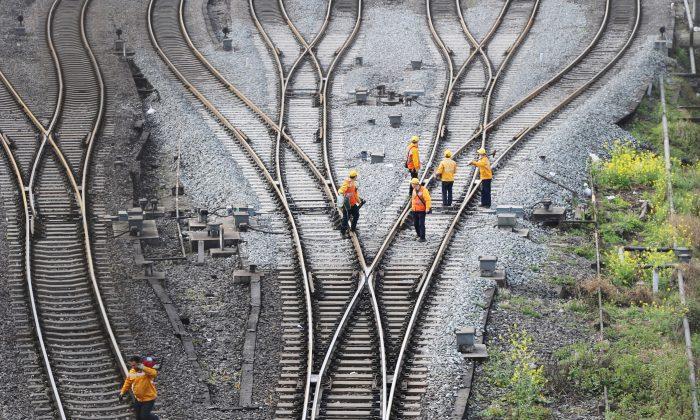China’s falling savings rate coupled with increasing government directed investment rate threatens a balance of payments crisis that could crash currency and asset values.
But over the last decade, China’s savings rate fell 7.2 percent to 45.2 percent, while the investment rate rose 1.6 percent to 44.8 percent. The slightly positive net savings rate of $56 billion might be sustainable, but China also suffered capital flight of $500 billion in 2015, $675 billion in 2016, $380 billion in 2017, before dropping to $22 billion last year.
Chinese leader Xi Jinping was successful in shriveling capital flight by running a ferocious anti-corruption drive that has netted up to 2.5 million officials at various levels, from ranged from what he referred to as the elite “tigers,” to the ordinary “flies.”
But the before-tax profitability of the “factory to the world” fell from 5.7 percent in 2016, to 1.6 percent in 2017, and -6.9 percent in 2018. To finance these losses, China caps yields paid for bank interest-bearing deposits. Chinese savers who understand they are being short-changed on deposit earnings have been pulling cash out of banks, resulting in total bank deposits plunging from $16.62 trillion in 2016 to $14.81 trillion in 2018.
China was pushing hard to get more foreign direct investment to build new plants and buy more equipment to make up the domestic financing shortfall, but rising U.S. trade war tariffs and bans against Chinese technology firms like Huawei is driving foreign investors to move significant portions of their production facilities out of China. This growing cash crisis has kicked off a new round of capital that has spiked up in 2019 to an annual rate of about $139.2 billion, according to Enodo Economics.
The two actions to stop a rising balance of payments crisis are to dramatically raise interest rates to put the brakes on borrowing and drive unprofitable state-owned-enterprises into bankruptcy, or to devalue the exchange rate of China’s currency and tank domestic stock and bond asset prices.
But raising interest rates would also cause tens of millions of job losses and crush China’s wildly inflated real estate asset prices; while devaluing China’s currency would cause the trade war to spread internationally as other countries erect retaliatory tariffs against China.
The Chinese leadership has been unwilling to make either of these tough choices, because inflicting huge amounts of economic pain on “the people” would threaten the Communist Party’s mandate to rule. But as the balance of payments crisis intensifies, the economic pain necessary to resolve the crisis will grow exponentially.





